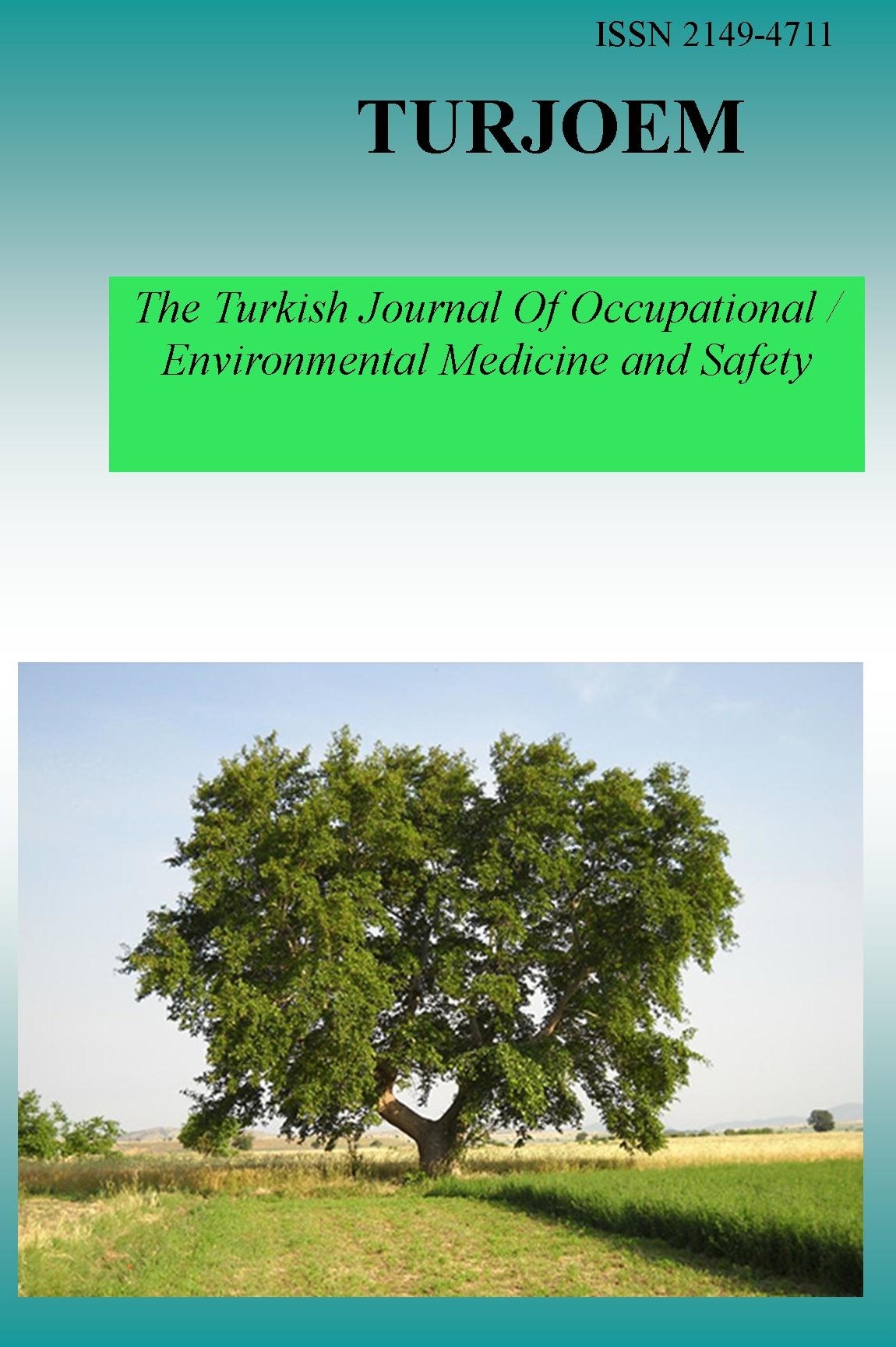DNA BINDING AND ANTICANCER ACTIVITY OF NOVEL SPIRO-CYCLOTRIPHOSPHAZENES
DNA BINDING AND ANTICANCER ACTIVITY OF NOVEL SPIRO-CYCLOTRIPHOSPHAZENES
___
- Selen Bilge KOÇAK, Nisan Sevin BAŞTERZİ , Serhan PEKTAŞ , Zeynel KILIÇ , Burak ÇOBAN , Ufuk YILDIZ , Celal Tuğrul ZEYREK , Ishak Özel TEKİN
- Department of Chemistry, Ankara University, 06100 Tandoğan-Ankara, Turkey Department of Chemistry, Bülent Ecevit University, 67100 Incivez-Zonguldak Turkey Department of Training and Application, Ankara Nuclear Research and Training Center, Turkish Atomic Energy Authority, 06100 Beşevler, Turkey. Department of Immunology, Bülent Ecevit University, 67600 Kozlu-Zonguldak, Turkey.
- ISSN: 2149-4711
- Başlangıç: 2015
- Yayıncı: Engin TUTKUN
AN OVERVIEW TO IMATINIB EFFICACY AND RESISTANCE MECHANISMS
IMPORTANCE OF GENETIC SUSCEPTIBILITY TO METAL POISONING IN FORENSIC TOXICOLOGY
Tülin SÖYLEMEZOĞLU, Zeliha KAYAALTI
DOES FIPRONIL HAS THE NEUROTOXIC EFFECT ON NEUROBLASTOMA SH-SY5Y CELL LINE?
Özge Nur KANAT, Güldeniz SELMANOĞLU
Gülsüm Handan SINAN, Devrim GÜZEL BAYÜLKEN, Berrin AYAZ TÜYLÜ
ENVIRONMENTAL CONTAMINATION FROM ACCUMULATION OF ANTIBIOTICS AND WIDESPREAD POLLUTION PATHWAYS
AN OVERVIEW OF FORENSIC HERBAL PRODUCTS
ACRYLAMIDE: THE ISSUE OF FOOD SAFETY
Cansu AKBULUT, Büşra FİDAN, Mustafa ZENGİN, Nazan Deniz YÖN
LIPID PEROXIDATION AND DNA DAMAGE IN PLASTIC WORKERS
Gülru GÜRDEMİR, Pınar ERKEKOĞLU, Ali AŞCI, Kübra Gizem YILDIZTEKİN, Aylin BALCI, Ünzile YAMAN, Engin TUTKUN, Dinç YILMAZ, Belma GÜMÜŞEL
TOXICOLOGICAL ASPECTS OF ORGANOCHLORINE PESTICIDES ON CYPRINUS CARPIO L. IN ATATURK DAM LAKE, TURKEY
